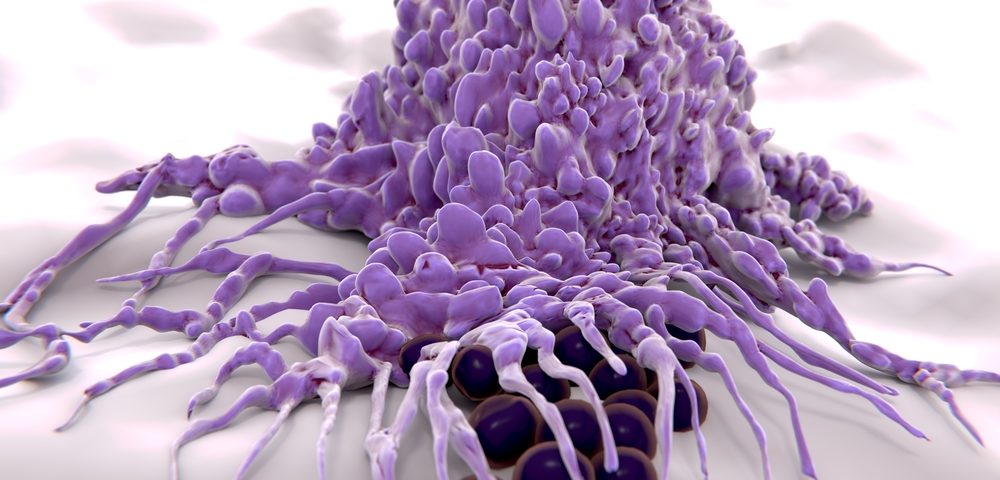The anti-CD47 immunotherapy agent SRF231 has shown early promise as a treatment for a number of cancers, with potent anti-tumor activity, both as a monotherapy and in combination with standard of care therapies, by inducing macrophage-mediated immune responses.
Preclinical data on SRF231 was presented by Surface Oncology at the Society for Immunotherapy of Cancer (SITC) 2016 meeting, held Nov. 9–13 in National Harbor, Maryland.
“SRF231 is the first clinical candidate in our pipeline of next-generation immunotherapies and will be entering clinical trials in 2017. The results highlight SRF231’s potential as a best-in-class antibody for hematological and solid tumors,” Detlev Biniszkiewicz, PhD, president and CEO of Surface Oncology, said in a news release. “This is the first of many Surface programs targeting the tumor microenvironment that could result in lasting benefits for patients who do not respond to the first-generation of immunotherapies.”
Although the immune system is a powerful ally in a patient’s fight against cancer, tumor cells eventually learn to evade immune attacks by activating “escape” mechanisms that impair immune cells’ ability to recognize them.
The best-known mechanism through which tumor cells evade immune responses is the expression of immune checkpoint molecules of the PD-1 and CTLA-4 pathways. Inhibitors of these pathways are currently used to treat a subset of patients with melanoma or lung cancer, and have shown promise in a variety of other tumor types.
However, some patients do not respond to such immunotherapies, and researchers believe that this is likely a consequence of the tumor microenvironment.
One component of that microenvironment, macrophages, functions by engulfing tumor cells and presenting parts of their proteins, called antigens, to immune T-cells, which will then specifically target cells expressing such proteins. But tumor cells also often develop techniques that impair macrophages from attacking them.
One such mechanism is the expression of CD47. Cells that have high levels of this protein at their surface are communicating a “don’t eat me” signal, or checkpoint, to macrophages, and tumor cells adopt this technique to evade macrophage recognition.
SRF231 is a fully human CD47 antibody that blocks its signal, making tumor cells vulnerable to macrophage recognition and attack.
Researchers have shown that SRF231 binds with high affinity to CD47, and stimulates phagocytosis — macrophage-mediated elimination — of cancer cells in culture. In addition, using SRF231 alone or in combination settings in animal models provided strong anti-tumor activity.
Importantly, the researchers did not find SRF231-induced toxicity to the red blood cells, which is an important safety advantage. Surface believes that these data support the clinical development of SFR231, and studies in patients are expected in the new year.


